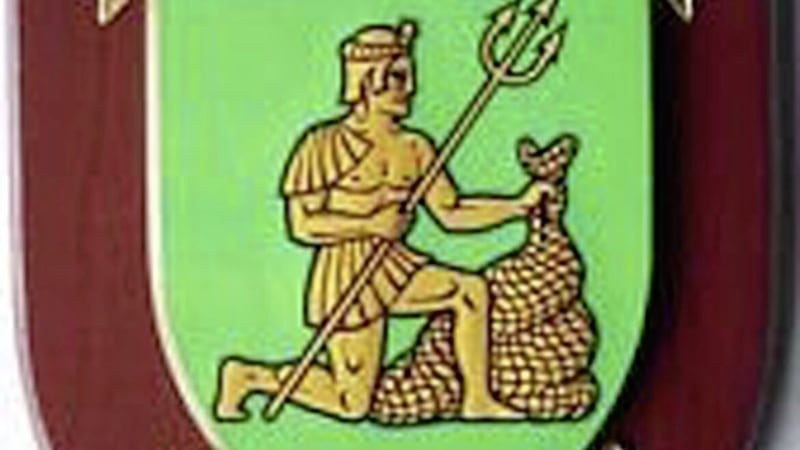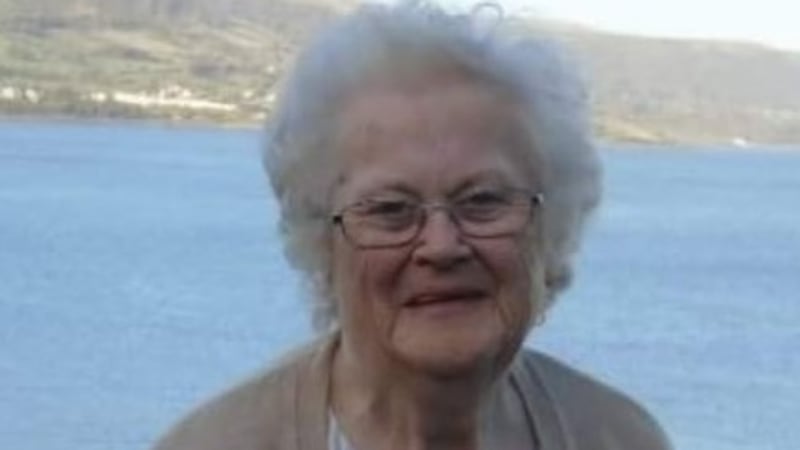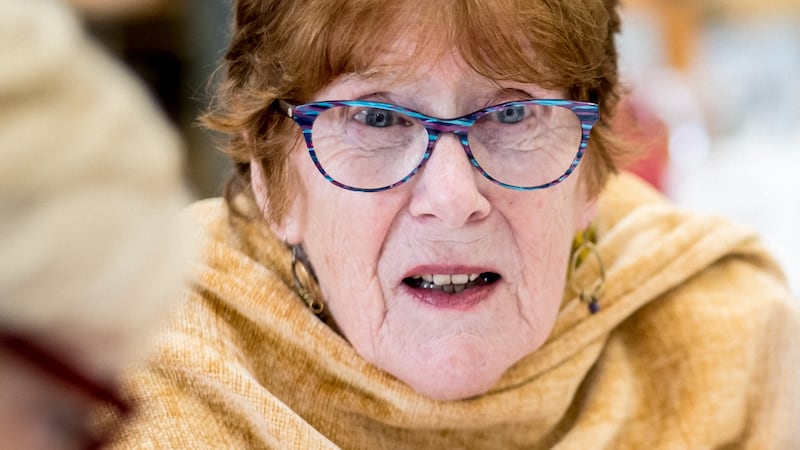A London-born intelligence agent has described how he was recruited into one of the British army's most controversial secret units.
Former Force Research Unit (FRU) asset Sam Rosenfeld, not his real name, says he worked undercover in Co Fermanagh during the 1990s.
Mr Rosenfeld, who describes himself as Anglo-Irish, said some of his earliest memories are of visiting family members in Co Down, Belfast and south of the border.
He also reveals how summer holidays were spent in Ireland visiting his grandmother.
She was a former member of the RIC who eventually moved north after partition and the formation of An Garda Síochána.
"He tried to stomach, those were his words, not mine, living in the south but he couldn't," Mr Rosenfeld said.
"They fined him because he refused to wear the new uniform."
He explained that his family includes a mixture of Catholics, Protestants and people of the Jewish faith.
He said that growing up politics was a "really a dangerous ground" in his family and while some held republican views most were "anti-IRA".
Although reluctant to provide exact details, Mr Rosenfeld claims he was approached to join the FRU in Ireland.
"I was recruited, I was under no illusions about what they wanted, they made that specifically very clear," he said.
He was later located to Irvinestown in Co Fermanagh, where he ran a business, and reveals how his undercover unit had a base at St Anelgo's Barracks, near Enniskillen.
"There was a JSG (Joint Services Group) or detachment there and their job was covering that region for collection of intelligence against subversive organisations, groups, individuals or whatever," he said.
"Most people would know this organisation as the Force Research Unit, the FRU."
Mr Rosenfeld reveals how he was often given tasks to carry out on behalf of the British army on both sides of the border.
He claims that during this time he was asked by the military to befriend an Enniskillen-based businessman, who's identity is known to the Irish News, who had links to the republican movement and was an RUC informer.
Mr Rosenfeld later found out the businessman was also working for the British army.
In the mid 1990s his relationship with the British army soured after it told the RUC that he was working for them during a meeting of senior personnel from both organisations.
"They breached my right to privacy, they breached the duty of care and as a consequence of that meeting every single thing that happened to me was a result of that meeting," he said.
Mr Rosenfeld says he still wants to know who from both organisations attended that meeting.
He claims that after the RUC learned of his role he was later "harassed" by officers from the forces E4A unit, which was linked to Special Branch.
During this period he claims he was also arrested by police in London and accused of stealing a car.
After being brought back to Enniskillen for questioning, the former agent claims he wasn't questioned about the stolen vehicle but that officers "wanted to know why the army had targeted" the Enniskillen-based businessman.
He said that before being questioned by police he was warned by the military not to trust the RUC.
"They told me before I was removed from London to Enniskillen, because I spoke to them on the phone, and they told me not to trust the RUC, not to identify any of the targets selected in Northern Ireland or the Irish Republic," he said.
"Because it would put my life, the lives of my family and my handlers at risk.
"That's what they said, 'don't trust the RUC, don't give them any information, don't tell them who we are, don't tell them what we done, don't tell them who we have identified and selected north and south of the border'."
Mr Rosenfeld said that when he refused to answer any questions police threatened to bring him to Crumlin Road jail and tell republican prisoners that he was working for the British army.
He remains bitter about the experience and claims that when he asked to be taken to the grave of his daughter in Co Fermanagh after after being arrested he was laughed at by RUC members.




